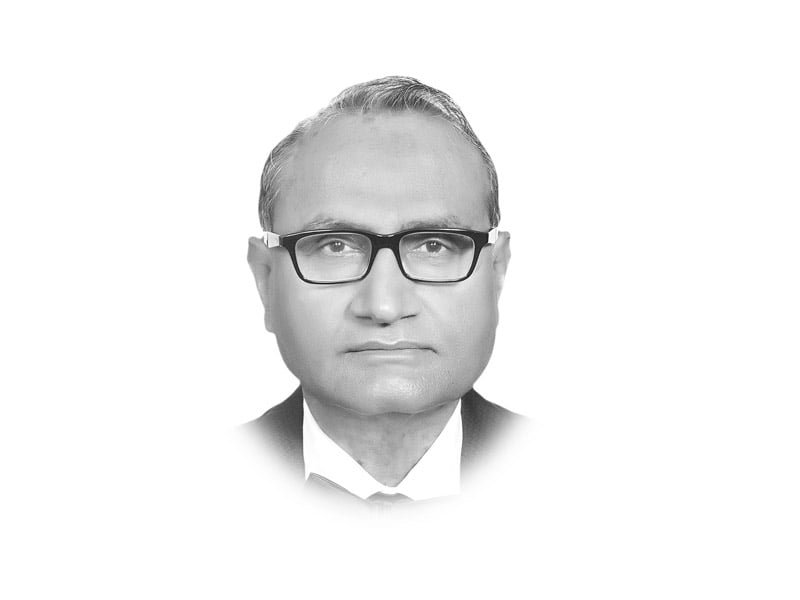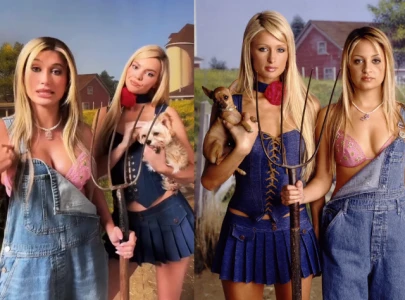
What is worrying is that economics gets some attention only when politics is banned. Take the case of the decade of the Field Marshal, the 1960s. Some of our luminaries took to economic writing in this very period. The best pieces of writings by A T Chaudhri, Aslam Sheikh, M Aftab and I A Rehman can be traced to these years. Again in General Yahya Khan’s time, we see the rise of Syed Najiullah, Jawaid Bokhari and M Ziauddin. At least two specialist economic magazines also appeared during this period. Before the 1960s, the economy was tucked into what then were euphemistically called commerce pages, focusing on whatever there was of the stock exchange. A R Shibli, popularly known as Shibli BCom despite being an MCom, was the doyen of writings on commerce. All of these writers were associated with the English press. Nothing parallel existed in the more popular Urdu press. In times of censorship, the Urdu press turned more to entertainment than to the economy. The only exception was Imroze, with writers like Hamid Akhtar, Akmal Aleemi and Munnu Bhai displaying sensitivity towards the wretched of the earth. While the continuing economic ineptitude of politicians is largely to blame, the coincidence of economic discussion and the apolitical governance of the country has also contributed to the misperception that democratic politics and economic development do not go together. This is where the idea of a technocratic government keeps coming up. The lesson from our own experience is that you can order the economy about for some time but it fails the sustainability test. The last years of all our apolitical episodes of growth were chaotic. Economic problems have technical solutions, but these solutions have to be politically negotiated for their institutionalisation and long-term sustainability. This is what is happening in the UK election debates, mediated by economically conscious journalists.
Our media has also come a long way. The economy occupies more space in the print media, English as well as Urdu. The number of specialist economic writers has substantially risen. The much more accessible electronic media is still largely consumed by political issues of a dubious nature. Small wonder then that our politicians have a field day when it comes to the rare occasion of discussing economic and social issues. Their questioning is so ill-informed and ill-prepared. It is said that the best of our journalists did not come from the departments of journalism in universities. Economic journalism can perhaps do with one.
Published in The Express Tribune, April 3rd, 2015.
Like Opinion & Editorial on Facebook, follow @ETOpEd on Twitter to receive all updates on all our daily pieces.



1725967717-0/Untitled-design-(3)1725967717-0-165x106.webp)
1719925273-0/BeFunky-collage-(46)1719925273-0-165x106.webp)








COMMENTS (1)
Comments are moderated and generally will be posted if they are on-topic and not abusive.
For more information, please see our Comments FAQ